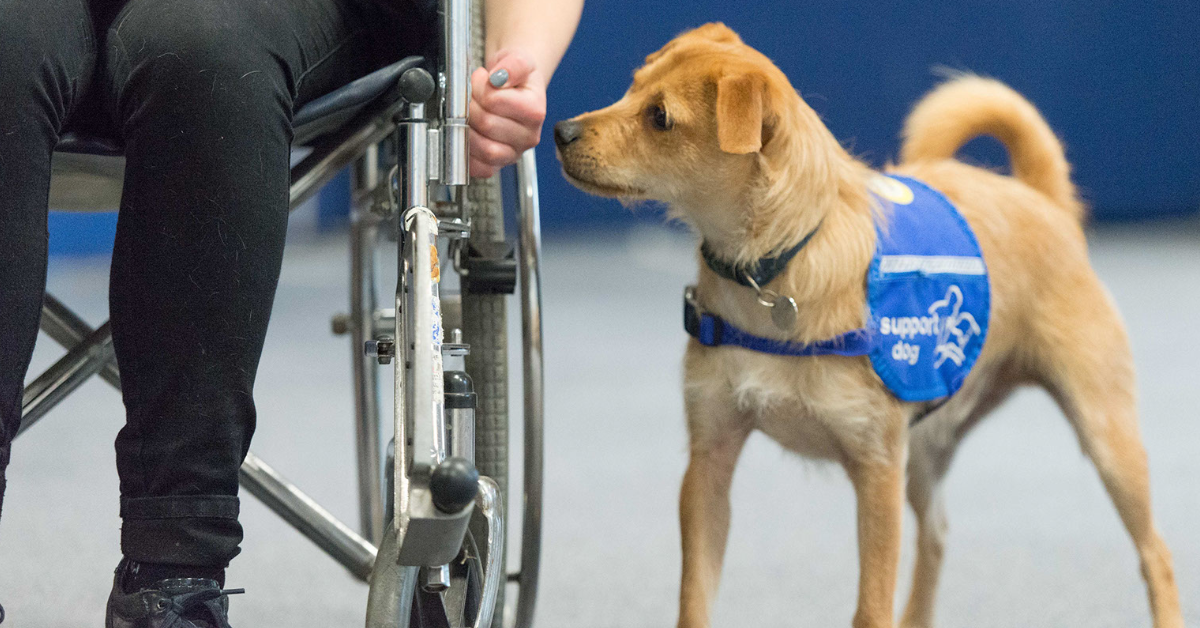Animals play a key part in all of our lives, from farmyard animals to service animals, companion animals and pets. With over 40% of households in Germany and the UK having at least one pet, it is clear that animal health is a key concern for many people.
Global pet and livestock populations are rising. Our pets are living longer than ever before and there is an increasing desire from owners to provide better healthcare for their animals throughout their lives. For livestock, there is a push towards sustainability, which will require better ongoing health management to reduce losses and improve overall farming efficiency.
However, animal health is not just important for the animals themselves, but also has important implications for humans too. With 60% of infectious disease in humans being zoonotic, it is important to have effective animal treatments available to control these diseases. Research into animal health also has knock-on benefits for human medicine, with initial research in animals often leading to treatments for humans further down the line. Therefore, ultimately good, animal healthcare is good for human health too.
Animal health is a diverse and growing field with a changing landscape. Due to an increased awareness of environmental issues, there is a strong focus on sustainability and social responsibility This is particularly the case for livestock production where there is a consumer push for more sustainable food systems and better conditions for animals, but it is also reflected in the choices of food and bedding pet owners choose for their pets.
The growth of Animal Pharma
Animal pharma has seen a number of key growth areas over the past few years; these range from a revival of interest in the field of animal, in particular canine, oncology and the development and marketing of the first non-human monoclonal antibodies to the use of nanotechnology to address antibiotic resistance.
Diagnostics and animal monitoring are also areas of rapid growth in this sector. Pet owners are keen to monitor their animal’s health over time and detect any issues before they can affect an animal’s quality of life. Similarly, monitoring the health of livestock can be key to maintaining healthy flocks and herds and a range of wearable devices have been released for animals such as cows and pigs, allowing more effective monitoring of these animals and prevention of diseases before they spread or escalate.
The global animal healthcare sector is growing rapidly, with sales increasing by 12% over the past year to 2021 with growth across all geographies. Nevertheless, research into animal healthcare lags behind research into human treatments, with veterinary research less likely to carry out randomised studies, and less likely to report key information and statistical data, thus leading to inaccurate conclusions. The consequence of this is that there are over 5 times fewer drugs on the European Union Register of medical products for veterinary use compared to human use. A lack of funding, lack of experience, inadequate research and IP challenges are key factors in restraining growth of the animal healthcare sector. Companies that can solve these challenges will establish a commanding position in this key field in the future.










-Compressed.jpg?width=2500&height=1669&name=Puppies_(41)-Compressed.jpg)







